In late summer, wasps are growing woozy. Most don’t have much longer to live. The female wasps that have mated will leave the nest to hibernate over winter, so the social structure of the nest begins to go awry and the nest starts closing down for winter! At this point, wasps are more inclined to be interested in people, sugary food and end up in classrooms.
If your children and any adults aren’t prepared, then this can create havoc in school grounds and indoors. We need to think about the behaviour of adults and how we can model kindness and compassion to these little, normally helpful insects. When woozy wasps are around:
- Keep your mouth shut. The moment it opens, a wasp can fly right in. Practice breathing through your nose.
- Politely cover your mouth and nose if a wasp is buzzing around these openings. Having experienced a wasp clean up my lips at a wedding when I’d just eaten a meringue, it is scary. Likewise watch loose clothing, in case a wasp accidentally crawls into and up a sleeve or similar.
- Stand or sit still. Close your eyes if you need to but remind children this does not make a wasp magically disappear.
- Never run away. Running creates a vacuum effect causing a wasp to follow in your wake.
- Flapping your arms frightens the wasp. Frightened wasps are more likely to sting.
- Avoid eating sweet or sugary foods, drink and fruit outside on sunny days.
I like to hold wasp drills. These work just the same way as fire drills, except you fake a buzzing wasp sound instead of the fire alarm and encourage children stay still and quiet, whether inside or out.
Years ago, I also stumbled upon an ingenious, environmentally friendly device for keeping wasps away. No nasty sprays. No swatters. No cups of jam and washing up liquid. No more slaughter of these helpful insects which munch up garden pests like greenfly. It’s a WASPINATOR. It acts a bit like a scarecrow for wasps.
This amazing device is a fake wasps’ nest which you hang up in your garden. The very sight of it keeps the wasps away. The website is worth a visit, not least because it contains all sorts of information about wasps written in a friendly style. Read and enjoy! There is, however, some debate as to the effectiveness of waspinators. Not everyone is convinced they work.
Wasps and bees make a great project. The British Bee Keeping Association has various education packs and information.
- I love getting young children to do a writing activity about what to do if you are stung and how to stop this from happening. I usually end up telling them the true story of how my grandmother accidentally swallowed a wasp when eating Kendal Mint Cake and got stung in her throat. She saved her own life by eating lots of raw onions to reduce the swelling.
- It can be reassuring for some children to know how to seek medical help. Getting stung in the mouth or having an allergic reaction to a sting may require such action. Knowing the signs and symptoms can be empowering too.
- If you find any dead bees and wasps they can be very interesting for children to look at under a microscope or magnifying glass.
- Wasps are very helpful insects in the garden. They are predatory and eat aphids, caterpillars and other pests. They are also pollinators. Finding out more about the role of a wasp and their busy lives can help children understand more about why they matter and the need to leave them in peace as much as possible.
- Finally remember the joy of keeping bees. They are a lot of work but also very interesting for children. Have a look at this wonderful video from Vogrie Outdoor Nursery narrated by the children:
This blog post was originally published in 2008! It was one of my first!


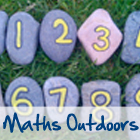
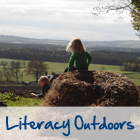
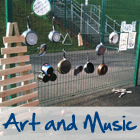
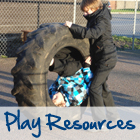
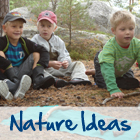


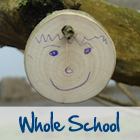







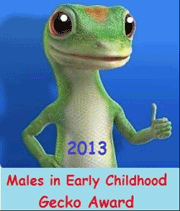


Just tried the lemon slice on 6 wasp stings 7 days after being stung because swelling was not going down and to my amazement this really does work! The itching has all but stopped and the swelling and redness is much less now. I wonder if I have to repeat this process or is it a one time thing?
Interesting you’ve had this experience. A little confused that you are saying this at this time of year when wasps are not really a problem.